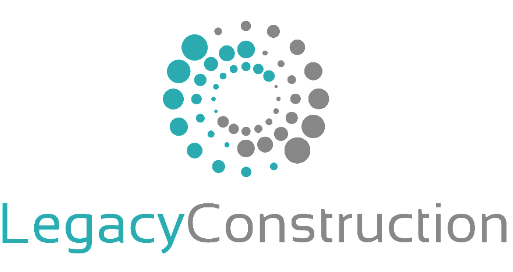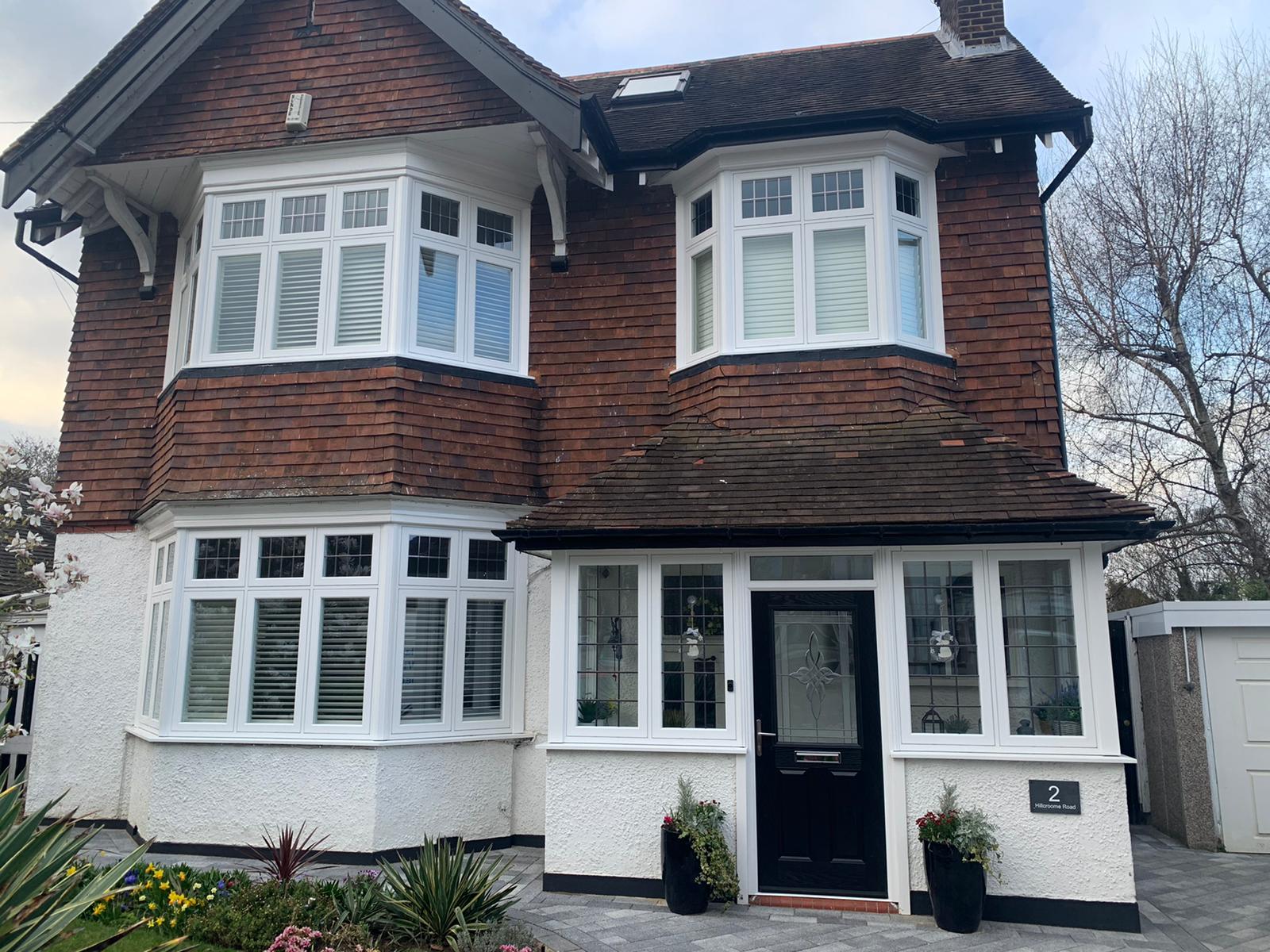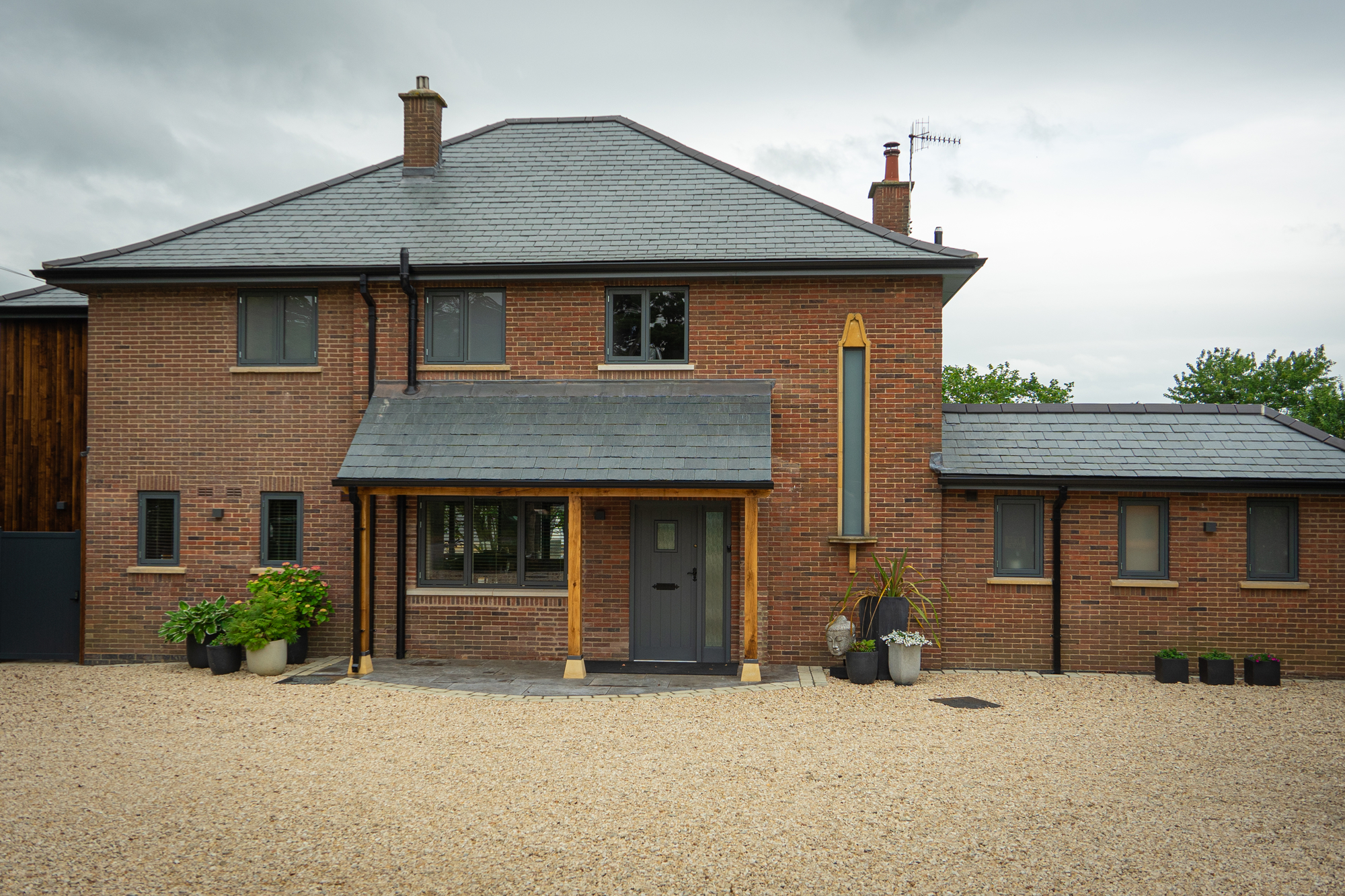In recent years, the demand for energy-efficient and sustainable building materials has surged, leading to significant advancements in the design and functionality of UPVC (Unplasticized Polyvinyl Chloride) windows. These innovations not only enhance the aesthetic appeal of homes but also contribute to energy savings, improved security, and overall comfort. This article explores the latest developments in UPVC windows, highlighting their benefits and how they stand out in today’s market.
Enhanced Energy Efficiency
One of the most notable advances in UPVC window technology is the improvement in energy efficiency. Modern UPVC windows are designed with multi-chambered profiles that trap air, creating an insulating barrier that reduces heat transfer. This feature is particularly beneficial in regions with extreme temperatures, as it keeps homes warmer in winter and cooler in summer.
Additionally, the introduction of triple glazing has become increasingly popular. While double glazing (internetforum.io) has been the standard for years, triple glazing offers an extra layer of insulation, further enhancing thermal performance. This technology minimizes heat loss and reduces energy bills, making UPVC windows a smart investment for homeowners looking to cut costs while maintaining comfort.
Improved Sound Insulation
Another significant advancement in UPVC windows is their ability to reduce noise pollution. Modern designs incorporate advanced acoustic glazing technology, which helps to create a quieter indoor environment. This is especially beneficial for homes located in busy urban areas or near highways, where external noise can be a nuisance.
The combination of triple glazing and thicker glass panes provides superior sound insulation, allowing homeowners to enjoy peace and tranquility within their living spaces. This advancement not only improves comfort but also adds to the overall value of the property.
Eco-Friendly Solutions
As environmental concerns continue to rise, manufacturers of UPVC windows are taking steps to make their products more eco-friendly. Innovations in the recycling of UPVC materials have led to the development of windows that are not only durable but also sustainable. Many companies now offer windows made from recycled UPVC, reducing waste and minimizing the carbon footprint associated with production.
Furthermore, advancements in manufacturing processes have resulted in lower energy consumption during production, making UPVC windows a greener choice for environmentally conscious homeowners. By opting for eco-friendly UPVC windows, homeowners can contribute to a more sustainable future while enjoying the benefits of modern technology.
Customization and Aesthetic Appeal
The latest UPVC windows are not only functional but also highly customizable. Homeowners can choose from a wide range of colors, finishes, and styles to match their home’s architecture and personal taste. This flexibility allows for greater design freedom, enabling homeowners to create a cohesive look that enhances the overall aesthetic appeal of their property.
Moreover, advancements in foiling technology have made it possible to produce UPVC windows that mimic the appearance of traditional wooden frames without the associated maintenance issues. This wood-effect finish provides the warmth and character of timber while offering the durability and low maintenance of UPVC, making it an attractive option for many homeowners.
Advanced Security Features
Safety and security are paramount concerns for homeowners, and recent advancements in UPVC window technology have addressed these issues effectively. Modern UPVC windows come equipped with enhanced locking mechanisms and multi-point locking systems that provide greater protection against break-ins.
Additionally, the strength of UPVC materials themselves contributes to the overall security of the windows. UPVC is inherently strong and resistant to impact, making it difficult for intruders to compromise the integrity of the window. Homeowners can rest assured that their UPVC windows offer both aesthetic appeal and robust security.
Innovative Hardware and Accessories
The latest UPVC windows are also equipped with innovative hardware and accessories that enhance functionality and ease of use. For instance, the introduction of tilt-and-turn mechanisms allows for versatile opening options, improving ventilation while maintaining security. This feature is particularly useful in multi-story buildings where safety is a concern.
Furthermore, advancements in window accessories, such as integrated blinds and insect screens, provide additional convenience and comfort. Integrated blinds allow homeowners to control light and privacy without the need for external window treatments, while insect screens keep unwanted pests at bay during warmer months.
Smart Technology Integration
In the age of smart homes, the integration of technology into UPVC windows has become a game-changer. Manufacturers are now offering windows that can be connected to smart home systems, allowing homeowners to control their windows remotely. This includes features such as automated opening and closing based on temperature or air quality, enhancing both comfort and energy efficiency.
Smart sensors can also alert homeowners to potential issues, such as drafts or condensation, enabling proactive maintenance and ensuring the longevity of the windows. This integration of technology not only adds convenience but also aligns with the growing trend of smart home automation.
Conclusion
The advancements in UPVC windows reflect a commitment to innovation, sustainability, and enhanced living experiences. With improved energy efficiency, sound insulation, eco-friendly solutions, customization options, security features, innovative hardware, and smart technology integration, modern UPVC windows are setting new standards in the industry.
As homeowners continue to seek ways to enhance their living spaces, these advancements offer a compelling case for choosing UPVC windows as a practical and stylish solution. Whether for new builds or renovations, the latest UPVC windows provide a perfect blend of functionality and aesthetics, making them a top choice for modern homeowners.


